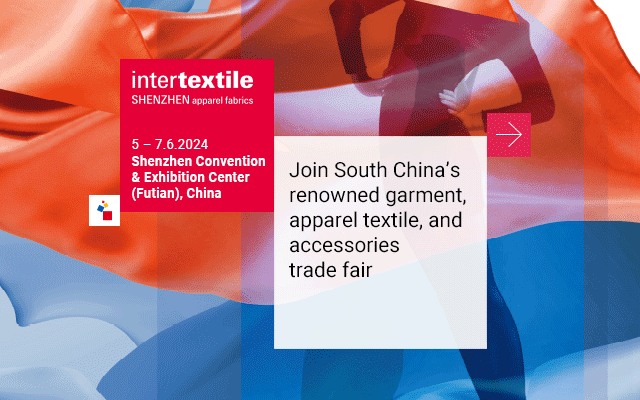US shoppers prioritise cost over sustainability amid economy woes

Insights
- Despite 89 per cent of US consumers valuing sustainability, only 32 per cent prioritise it when shopping, swayed by value (68 per cent) and price (57 per cent), as per a recent survey.
- Around 63 per cent are willing to pay more for sustainable brands.
- Sustainability interest remains steady, with 78 per cent seeking a sustainable lifestyle.
Interestingly, 63 per cent of consumers are willing to pay a premium for brands with leading sustainability practices, indicating a complex relationship between cost and environmental concerns. The survey also revealed that 56 per cent of consumers seek information about a brand's sustainability practices when considering a purchase, 70 per cent consider sustainability factors when choosing between brands, and 59 per cent have bought a product specifically for sustainability reasons. These figures have remained relatively stable compared to 2022, suggesting a consistent interest in sustainable practices.
In terms of lifestyle changes, 78 per cent of respondents are trying to be more sustainable in their day-to-day lives, an increase from 75 per cent in 2022. Moreover, 70 per cent care more about product sustainability than they did a year ago. When it comes to ethical business practices, 58 per cent of consumers believe these are very important, with fair pay and benefits for workers, fair tax contributions, and promoting a healthy work-life balance as top priorities, as per the survey.
The survey also highlighted the impact of social media on brand perception, with 67 per cent of consumers aware of brands receiving negative attention for their statements or actions on social issues. Additionally, while 60 per cent think it’s important for brands to take a stance on social issues, 74 per cent are willing to boycott a brand if its stance contradicts their own views.
The survey extended to European markets, showing similar trends. In the UK, Italy, France, and Germany, sustainability as a purchasing priority remained flat or declined compared to the previous year. 'Good value' emerged as the top consideration in these markets, with a majority of consumers in each country rating it as a primary factor in purchasing decisions. The importance of low price as a purchasing priority has increased across these countries, reflecting economic concerns similar to those in the US.
Interestingly, environmental efforts by brands, such as energy and water usage, use of renewable or recycled materials, carbon emission reduction, and public advocacy for environmental causes, have become less important year over year in these European markets. Additionally, concerns about the economy and personal finances have grown in the past year among consumers in these regions, highlighting the broader impact of global economic conditions on consumer behaviour and priorities.
Fibre2Fashion News Desk (DP)
































-Ltd..jpg?tr=w-120,h-60,c-at_max,cm-pad_resize,bg-ffffff)





.jpg?tr=w-120,h-60,c-at_max,cm-pad_resize,bg-ffffff)
.jpg?tr=w-120,h-60,c-at_max,cm-pad_resize,bg-ffffff)






